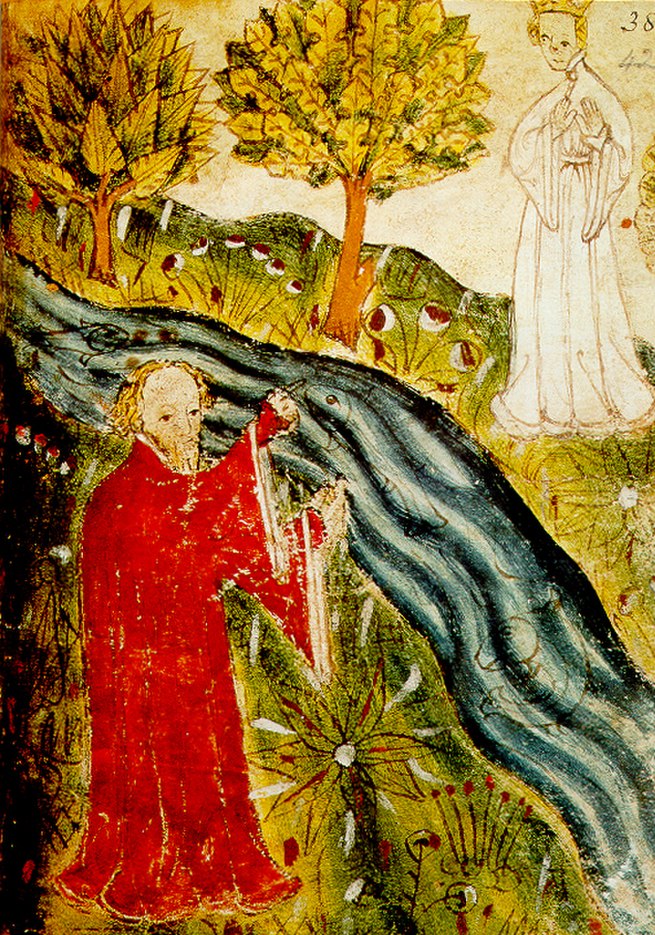
Main Difference
The main difference between Allegory and Satire is that the Allegory is a figure of speech and Satire is a genre of arts and literature in the form of humor or ridicule
-
Allegory
As a literary device, an allegory is a metaphor whose vehicle may be a character, place or event, representing real-world issues and occurrences. Allegory (in the sense of the practice and use of allegorical devices and works) has occurred widely throughout history in all forms of art, largely because it can readily illustrate or convey complex ideas and concepts in ways that are comprehensible or striking to its viewers, readers, or listeners.
Writers or speakers typically use allegories as literary devices or as rhetorical devices that convey (semi-)hidden or complex meanings through symbolic figures, actions, imagery, or events, which together create the moral, spiritual, or political meaning the author wishes to convey.
-
Satire
In fiction and less frequently in non-fiction, satire is a genre of literature and performing arts, in which vices, follies, abuses and shortcomings are held up to ridicule, ideally with the intent of shaming individuals, corporations, government, or society itself into improvement. Although satire is usually meant to be humorous, its greater purpose is often constructive social criticism, using wit to draw attention to both particular and wider issues in society.
A feature of satire is strong irony or sarcasm—”in satire, irony is militant”—but parody, burlesque, exaggeration, juxtaposition, comparison, analogy, and double entendre are all frequently used in satirical speech and writing. This “militant” irony or sarcasm often professes to approve of (or at least accept as natural) the very things the satirist wishes to question.
Satire is nowadays found in many artistic forms of expression, including internet memes, literature, plays, commentary, television shows, and media such as lyrics.
-
Allegory (noun)
The representation of abstract principles by characters or figures.
-
Allegory (noun)
A picture, book, or other form of communication using such representation.
-
Allegory (noun)
A symbolic representation which can be interpreted to reveal a hidden meaning, usually a moral or political one.
-
Allegory (noun)
A category that retains some of the structure of the category of binary relations between sets, representing a high-level generalisation of that category.
-
Satire (noun)
A ridicules its provoking or Humor, irony, and exaggeration are often used to aid this.
-
Satire (noun)
A satirical work.
“a stinging satire of American politics.”
-
Satire (noun)
Severity of remark.
-
Allegory (noun)
a story, poem, or picture that can be interpreted to reveal a hidden meaning, typically a moral or political one
“Pilgrim’s Progress is an allegory of the spiritual journey”
-
Allegory (noun)
a symbol.
